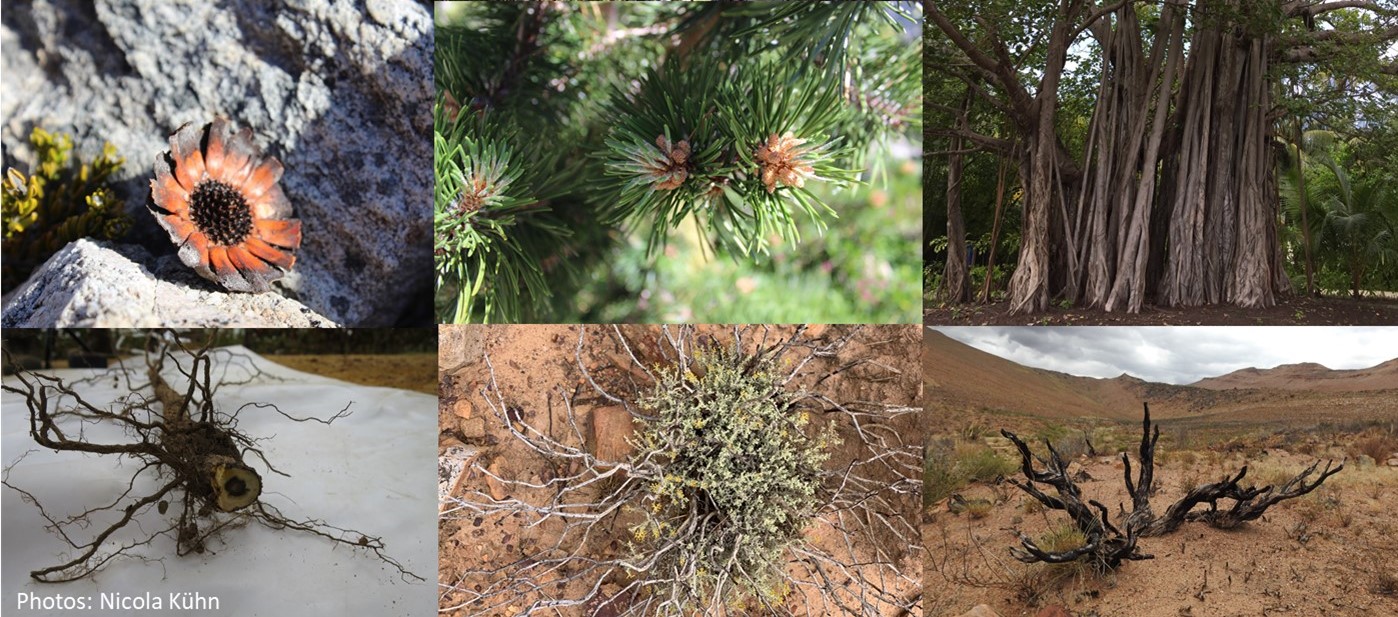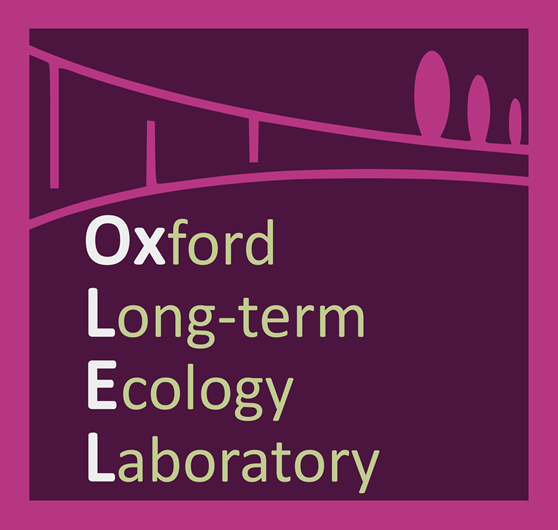Latest on the Humbug project
October 3, 2016
Our database of mosquito recordings is growing with considerable help from the CDC in Atlanta, Dr Sheila Ogoma at USAMRU-Kenya, Alex Fyfe at the Jenner institute amongst others; it now contains several thousand recordings including free flying, non-tethered recordings of more than 20 species (multi-aged, both male and female). The updated database of dominant vector species sibling species in Asia is now completed barring a few final checks (and has already been used in a submitted paper). Work continues in trying to establish a colony of two UK species (Culiseta annulata and Culex pipiens)
Watch these short videos of Culiseta annulata probing and feeding.
Also on the Blog...
Globally important plant functional traits for coping with climate change
By Nicola Kühn on December 1, 2021

“Look closely at nature. Every species is a masterpiece, exquisitely adapted to the particular environment in which it has survived.” E.O.Wilson From the early Greek philosophical musings of Empedocles and Aristotle ... Continue reading
The value of systematic evidence synthesis for land use decision-making and practice
By Dr Gillian Petrokofsky on November 9, 2021
Systematic evidence syntheses were adopted in environmental management and conservation in 2006 “to promote and deliver evidence syntheses on issues of greatest concern to environmental policy and practice as a ... Continue reading
Do flying cows have to pay a carbon offset?
By Professor Katherine J. Willis on October 26, 2021
Last week I learnt an interesting fact relating to carbon offsets when flying – if you fly business class you need to pay x 2.5 more carbon offset because of ... Continue reading
Ancient Plants, New Approaches
By Anna Lee-Jones on September 29, 2021
Encased within the unique Ryhnie Chert fossil system are some of the best-preserved early land plants in the world. Using pioneering digital technologies, we were able to reveal the developmental ... Continue reading
The Spanish Conquest & the Forests of Guatemala.
By Dr. William J. Harvey on July 12, 2021
Following the Spanish conquest of the territory that is now modern Guatemala (1524–1541 CE), the anthropogenic use of land use was radically transformed to support livestock husbandry, agriculture, large-scale timber extraction, mining, ... Continue reading
